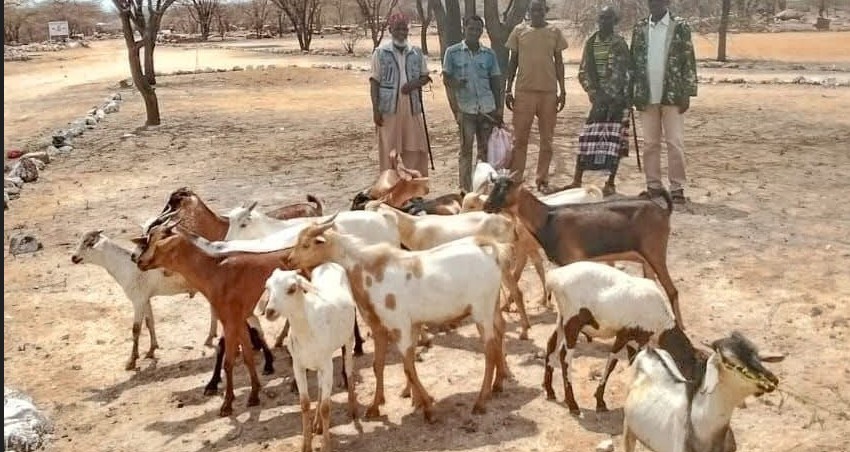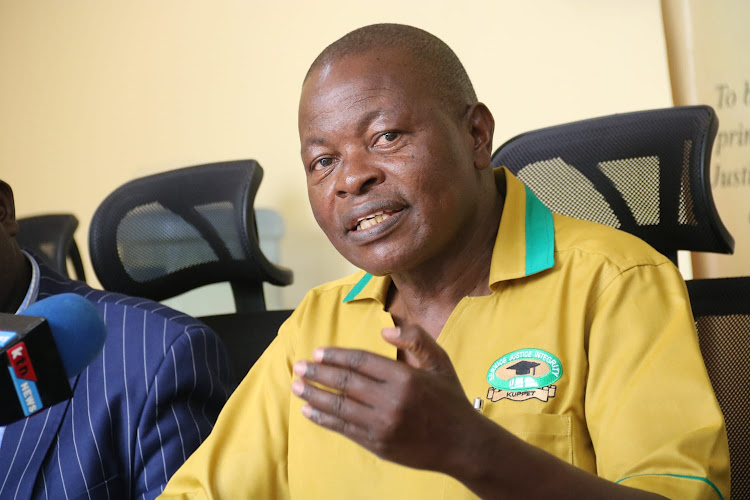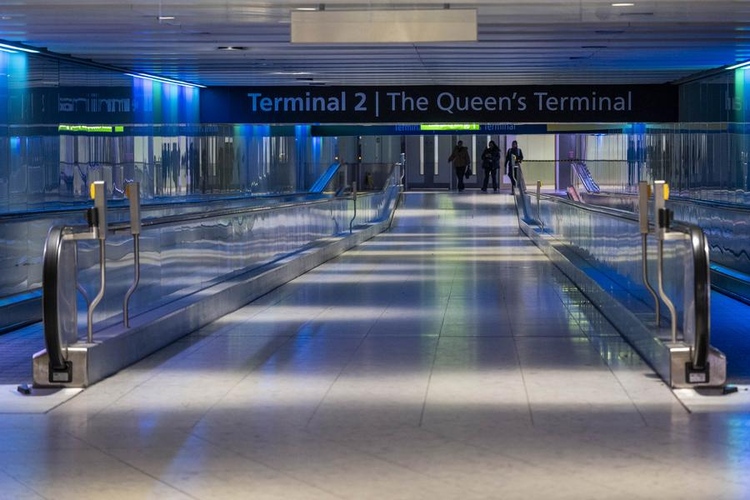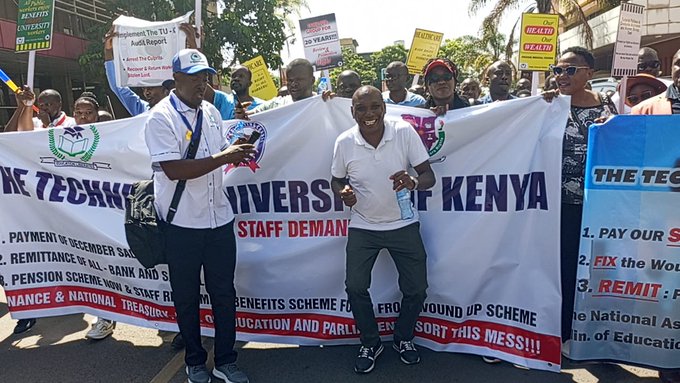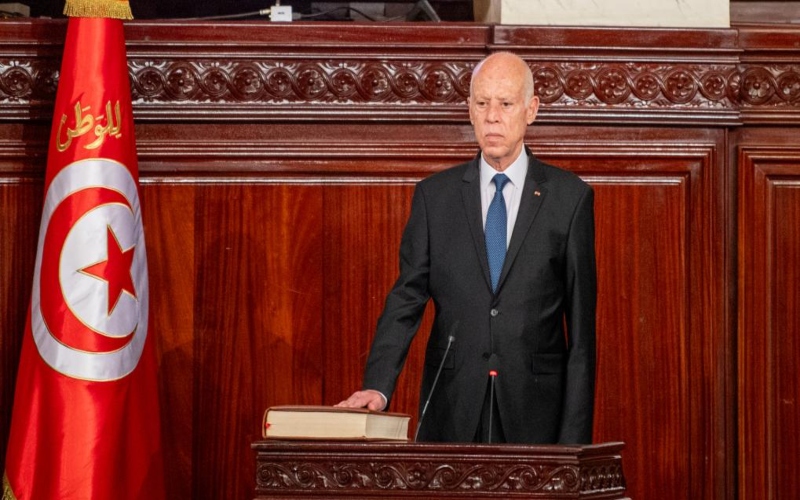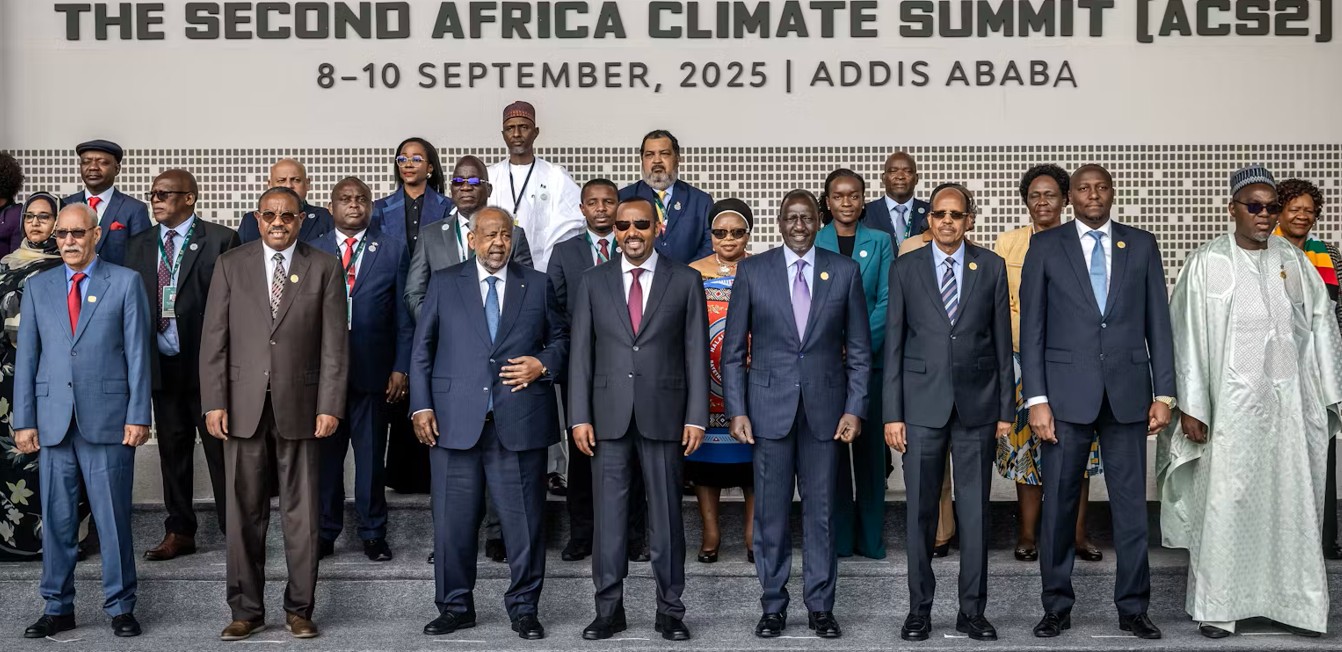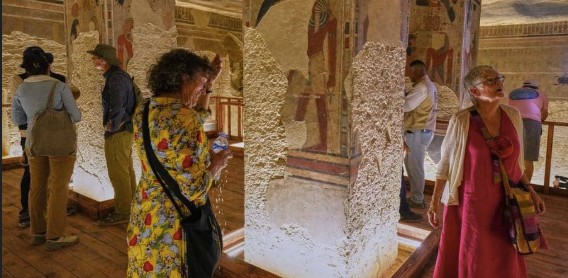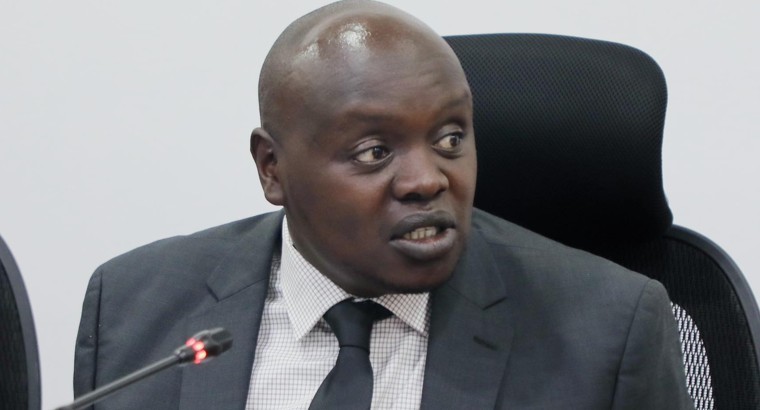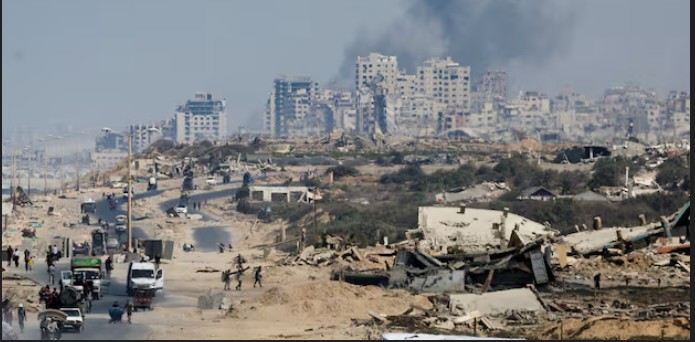ICJ begins hearings on Israel’s occupation of Palestinian territories
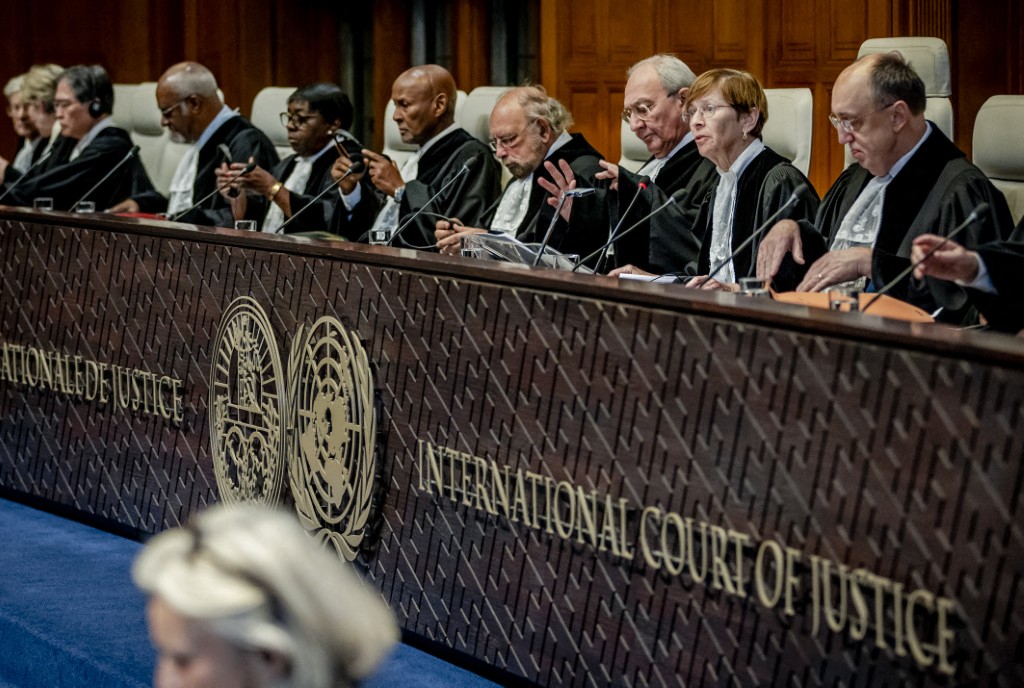
Over 50 countries are expected to address the judges making it the largest number of parties to participate in a single ICJ case since 1945.
On Monday, the United Nations' International Court of Justice begins a week of hearings on the legal consequences of Israeli occupation of Palestinian territories, with over 50 countries expected to address the judges.
More To Read
- South African activists join global flotilla to Gaza, condemn Israeli actions
- Gazans flee ‘death and devastation’ with no transportation or means of shelter
- Gaza: International community must ‘match words with action’ now
- From classrooms to shelters: Gaza children face third year without education
- Kenya steps up lobbying after nominating Prof. Phoebe Okowa for International Court of Justice seat
- South Africa leads global push for Gaza justice as Israeli general cancels visit
It is the largest number of parties to participate in a single ICJ case since 1945.
The International Court of Justice will hold a public hearing on the request for an advisory opinion in respect of the legal consequences arising from the policies and practices of Israel in the occupied Palestinian territory including East Jerusalem from February 19-26, 2024 at the Peace Palace in The Hague.
The session will be held under the presidency of Judge Nawaf Salam, President of the court.
This is the second time the ICJ has asked for an advisory opinion related to the occupied Palestinian territory.
The ICJ and the UN general assembly all regard Israel as the occupying power for the territories.
Oral proceedings
The first day of the hearing will be the opening of the oral proceedings by the Palestinian foreign minister and the state of Palestine.
South Africa, Algeria, Saudi Arabia Netherlands and Bangladesh are set to begin the hearing while Turkey, Zambia and Spain will finish on the last day.
The International Court of Justice last month made a significant ruling in favour of South Africa, granting provisional measures against Israel over the Gaza war.
In a landmark decision, the ICJ directed Israel to halt attacks on Palestinians, ensure humanitarian aid, preserve evidence, and submit a response to the court within one month.
The ICJ also rejected Israel’s request to dismiss the case initiated by South Africa, and found that some allegations against Israel appear to fall under the Genocide Convention, with Palestinians being identified as a protected group under the convention.
The court demanded that Israel take all measures within its power to prevent further violations of the Genocide Convention and to permit aid to enter Gaza.
The conflict between Israel and Palestine, with historical roots dates back to several decades. The conflict has been characterised by territorial disputes, violence, and political tensions.
The ongoing Israeli occupation and settlement expansion in the territories have been central sources of friction.
Top Stories Today
